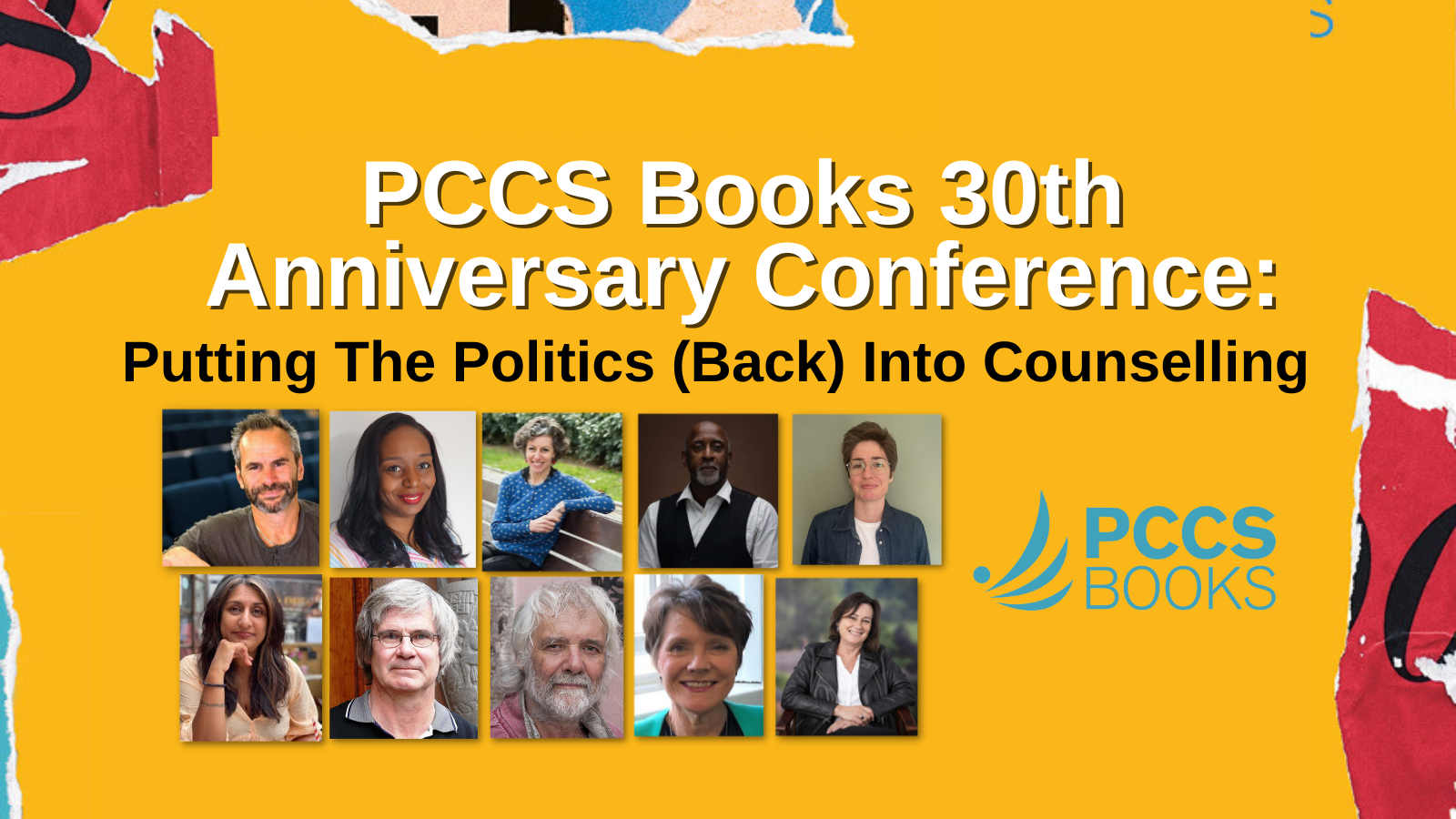It’s 30 years since PCCS Books published its very first book – a short guide to using counselling skills on the telephone. Since then, we have published more than 300 books on counselling theory and practice, critical psychology and mental health.
Course Content
Presenter
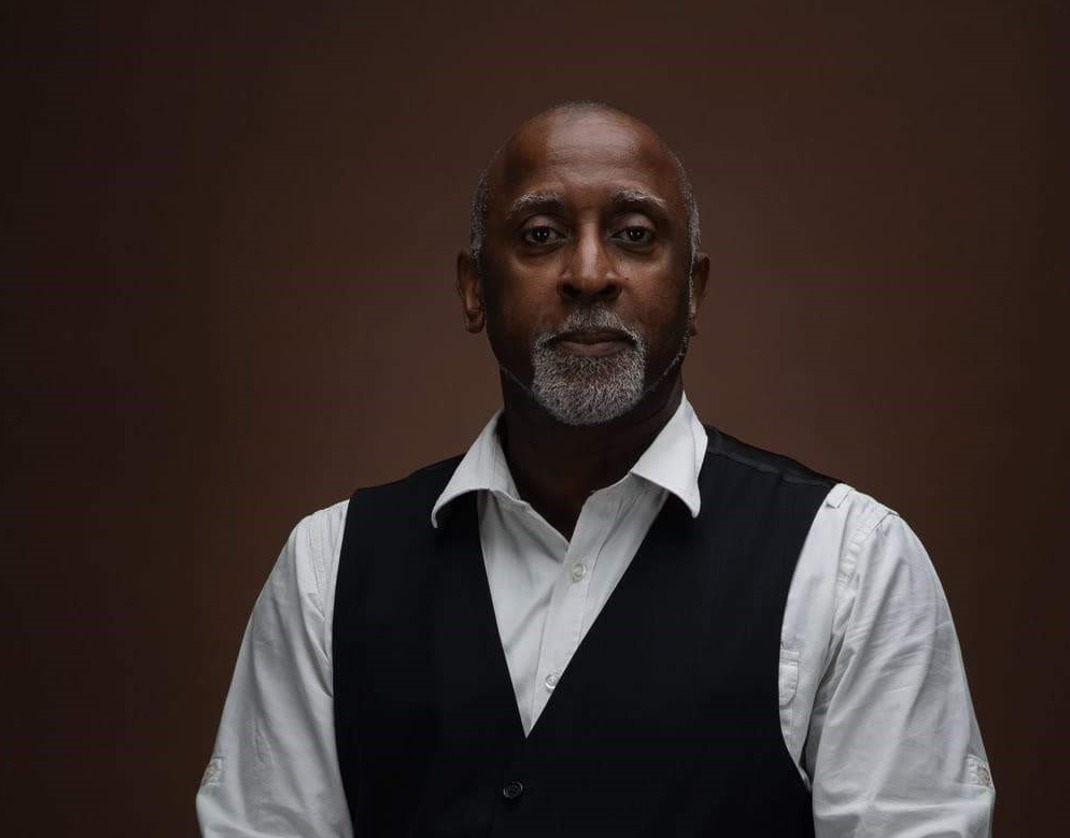
Counsellor, Coach and Trainer
With over three decades of experience, Delroy Hall is a trained counsellor, wellbeing practitioner, trainer, and independent scholar.
Delroy has given lectures and academic papers nationally and internationally and has extensive keynote speaker experience Including Harvard University, Boston College Massachusetts, USA, Durham university and South Yorkshire Police.
Delroy has coordinated mental health projects and is currently working with Birmingham Community Health Care Trust (BCHC) facilitating the Inclusive Leadership component on their ‘Inspire Leadership Programme. He is coordinator for a Black Male Suicide Prevention programme under the auspices Sheffield Health and Social Care (SCHC).
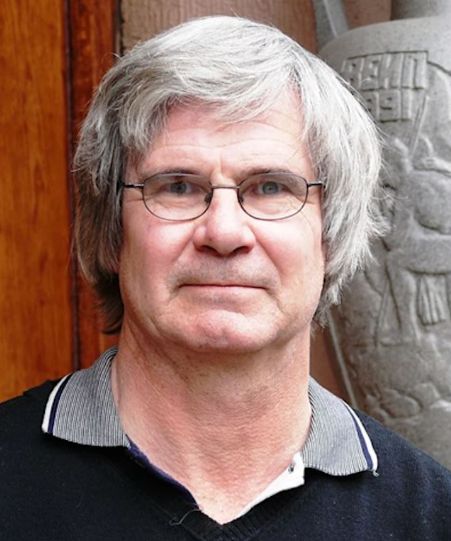
Dr. John Read worked in the UK and USA for 20 years as a Clinical Psychologist and manager of mental health services. He joined the University of Auckland, New Zealand in 1994, Where he became Director of The Clinical Psychology Doctoral Training Programme. He held the same postion at The University of Liverpool when he returned to the UK In 2013. He is Currently Professor of Clinical Psycholgy at The University of East London and Chair of The Intertnational Institute For Psychaiatric Drug Withdrawal. He is the author of over 150 Research Papers, co-editor (with Jacqui Dillon) of Models of Madness: Psychological, social and biological approaches to psychosis (Routledge, 2013) and founding editor of the research journal Psychosis: Psychological, Social and Integrative Approaches.
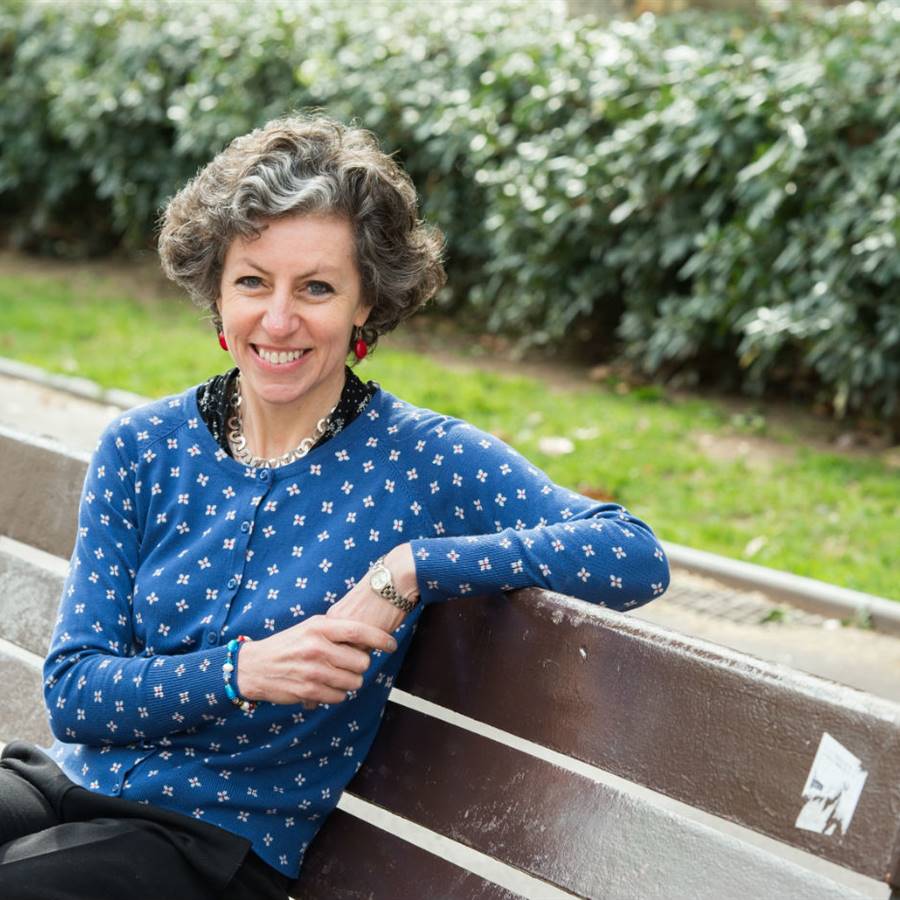
Joanna Moncrieff is a Professor of Critical and Social Psychiatry at University College London, and works as a consultant psychiatrist in the NHS in London. She researchers and writes about the over-use and misrepresentation of psychiatric drugs and about the history, politics and philosophy of psychiatry more generally. She is currently leading UK government-funded research on reducing and discontinuing antipsychotic drug treatment (the RADAR study). She is author of numerous papers and her books include A Straight Talking Introduction to Psychiatric Drugs Second edition (PCCS Books, 2020), The Bitterest Pills: The Troubling Story of Antipsychotic Drugs (2013) and The Myth of the Chemical Cure (2009) (Palgrave Macmillan).
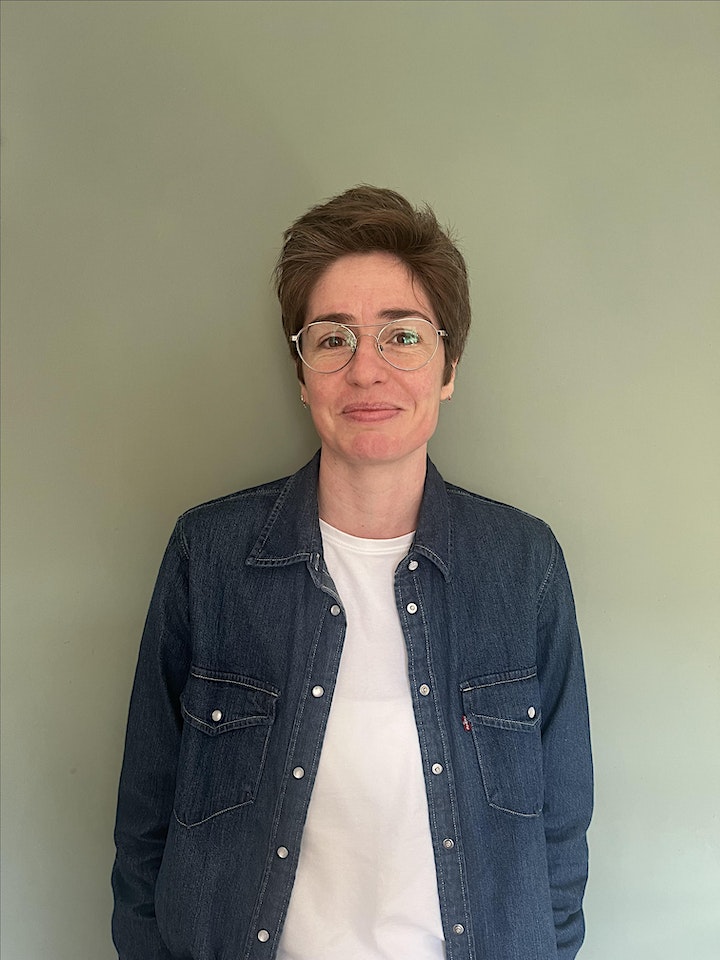
Katy Woodger is a psychotherapist and supervisor in practice since 2009. Katy co-chairs the National Association for Trauma Specialists at the University of Nottingham and is also a member of an advisory board chaired by Sir Keir Starmer, which informs professional responses to sexual violence. Katy is about to complete a PhD at the Open University through the Grand Union doctoral training partnership between the Open University, Brunel University London and the University of Oxford. Katy’s research explores service user experiences of mental health organisations. Katy is a contributor in Counselling, Class and Politics: Undeclared Influences in Therapy (2018) and #MeToo Counsellors and psychotherapists speak about sexual violence and abuse (2020) both published by PCCS Books.
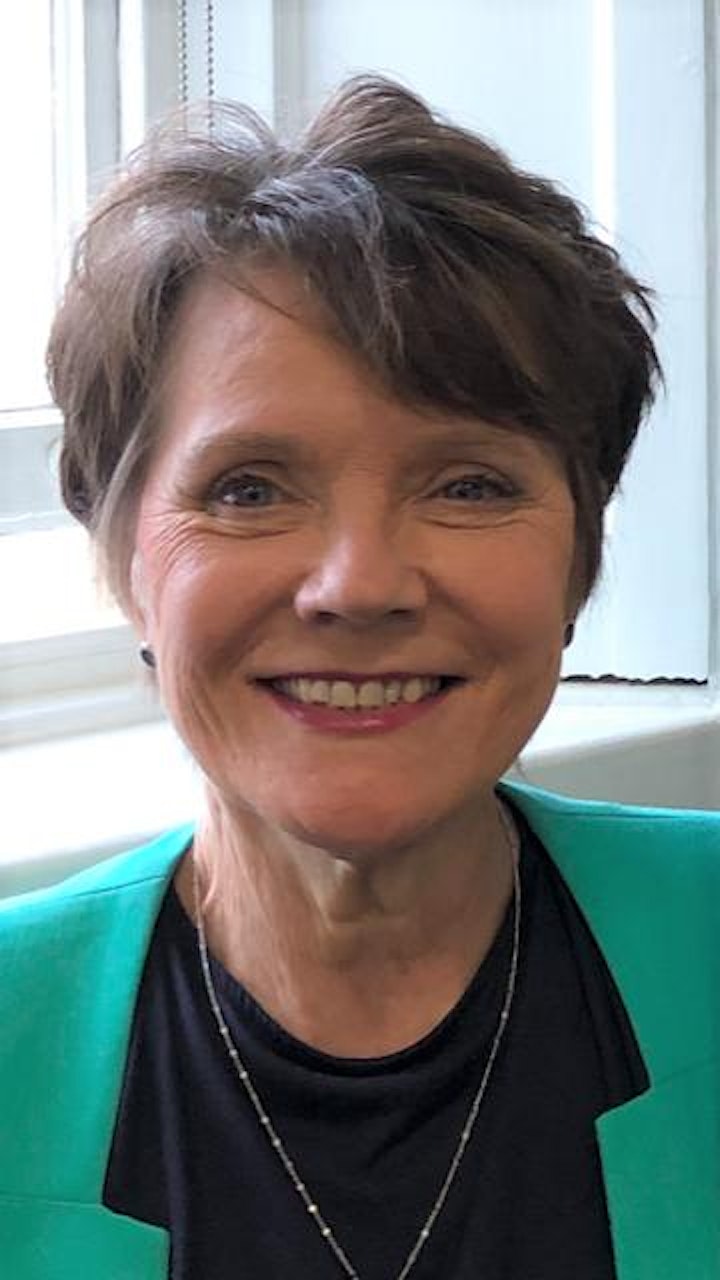
Linda Aspey is a leadership coach, facilitator, psychotherapeutic counsellor, BACP Fellow, and activist. She works with people and organisations to support them in engaging and acting on climate, environmental and social crises.
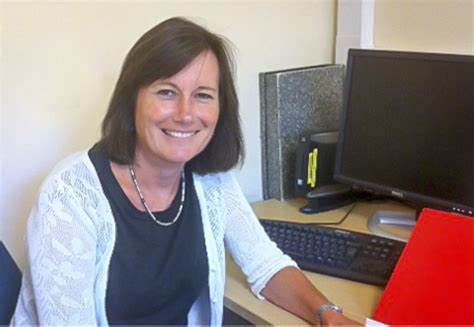
Dr Lucy Johnstone is a consultant clinical psychologist, author of ‘Users and abusers of psychiatry’ (3rd edition Routledge 2021) and ‘A straight-talking guide to psychiatric diagnosis’ (PCCS Books, 2nd edition 2022); co-editor of ‘Formulation in psychology and psychotherapy: making sense of people’s problems’ (Routledge, 2nd edition 2013); and co-author of ‘A straight talking introduction to the Power Threat Meaning Framework’, 2020, PCCS Books). She is the former Programme Director of the Bristol Clinical Psychology Doctorate in the UK and has worked in Adult Mental Health settings for many years. She is Visiting Professor at London South Bank University, and Honorary Fellow of the BPS, and a Fellow of the Royal Society of Arts. Lucy was lead author, along with Professor Mary Boyle, for the ‘Power Threat Meaning Framework’ (2018), a British Psychological Society publication co-produced with service users, which outlines a conceptual alternative to psychiatric diagnosis and has attracted national and international attention. Lucy is an experienced conference speaker and lecturer, and currently works as an independent trainer. She lives in Bristol, UK. (feel free to edit)
Blog Post: Thinking About Alternatives to Psychiatric Diagnosis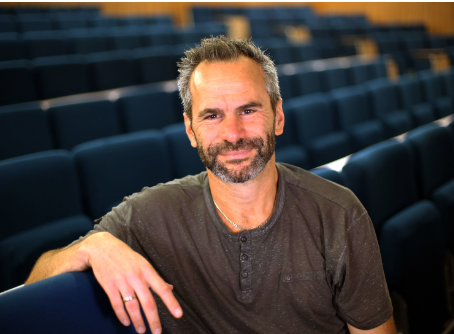
Mick Cooper is an internationally recognised author, trainer, and consultant in the field of humanistic, existential, and pluralistic therapies. He is a Chartered Psychologist, and Professor of Counselling Psychology at the University of Roehampton.
Mick has facilitated workshops and lectures around the world, including New Zealand, Lithuania, and Florida.
Mick’s books include Existential Therapies (Sage, 2017), Working at Relational Depth in Counselling and Psychotherapy (Sage, 2018), and The Handbook of Person-Centred Psychotherapy and Counselling (Palgrave, 2013).
His latest work is Integrating Counselling and Psychotherapy: Directionality, Synergy, and Social Change (Sage, 2019).
Mick’s principal areas of research have been in shared decision-making/personalising therapy, and counselling for young people in schools.
In 2014, Mick received the Carmi Harari Mid-Career Award from Division 32 of the American Psychological Association. He is a Fellow of the British Association for Counselling and Psychotherapy and the Academy of Social Sciences.
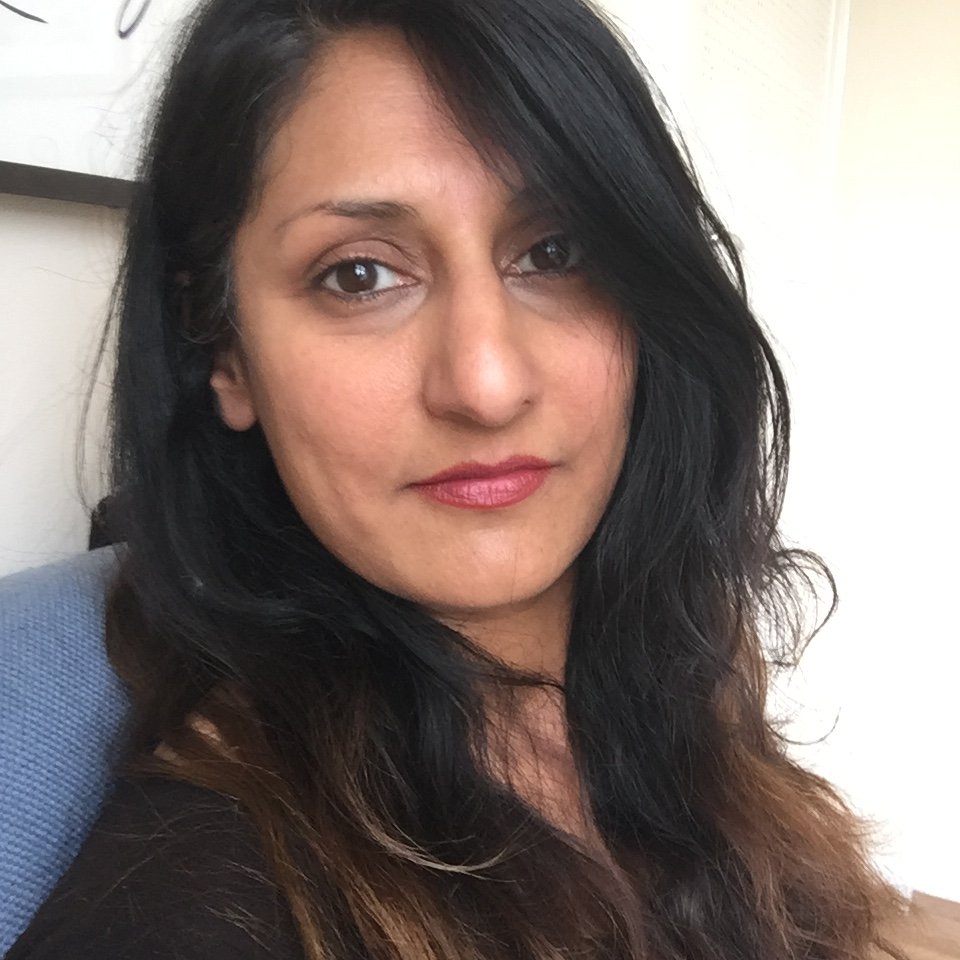
Neelam Zahid is an Integrative Counsellor, Psychotherapist and Clinical Supervisor accredited by the BACP and have worked as a therapist since 2003. She previously worked within higher education for over a decade and currently has her own private practice. She is also the Deputy Course Leader for the Foundation year at the Minster Centre and teaches on the Introduction to Counselling Skills Course. In addition to this, she’s currently a Visiting Lecturer at the University of Westminster teaching on the B.Sc. Psychology and Counselling and Introduction to Counselling Skills Course. Her areas of interest are Intersectionality, Difference, and Diversity and has contributed to the following publications:
Therapists Challenging Racism and Oppression: the unheard voices (2023, eds Neelam Zahid and Rachel Jane Cooke).
The Handbook of Transcultural Counselling and Psychotherapy (2001, eds Colin Lago).
Black Identities + White Therapies: Race, Respect + Diversity (2021, eds Colin Lago and Divine Charura).
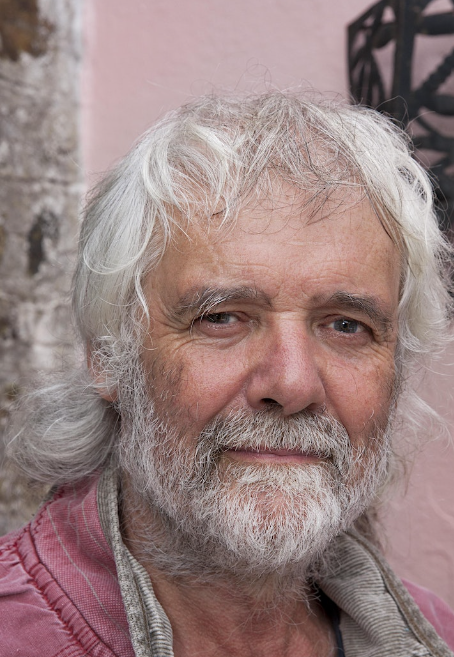
Nick Totton has been a body psychotherapist for forty years, and a supervisor and trainer for nearly as long. He has written a number of books, including Embodied Relating: The Ground of Psychotherapy, Wild Therapy: Rewilding Inner and Outer Worlds, and (forthcoming from PCCS Books) Different Bodies: Deconstructing Normality. He is the founding editor of Psychotherapy and Politics International, and a previous chair of Psychotherapists for Social Responsibility and the Psychotherapists and Counsellors Union. Nick has a daughter and two grandchildren. He lives in Sheffield with his partner and grows vegetables.
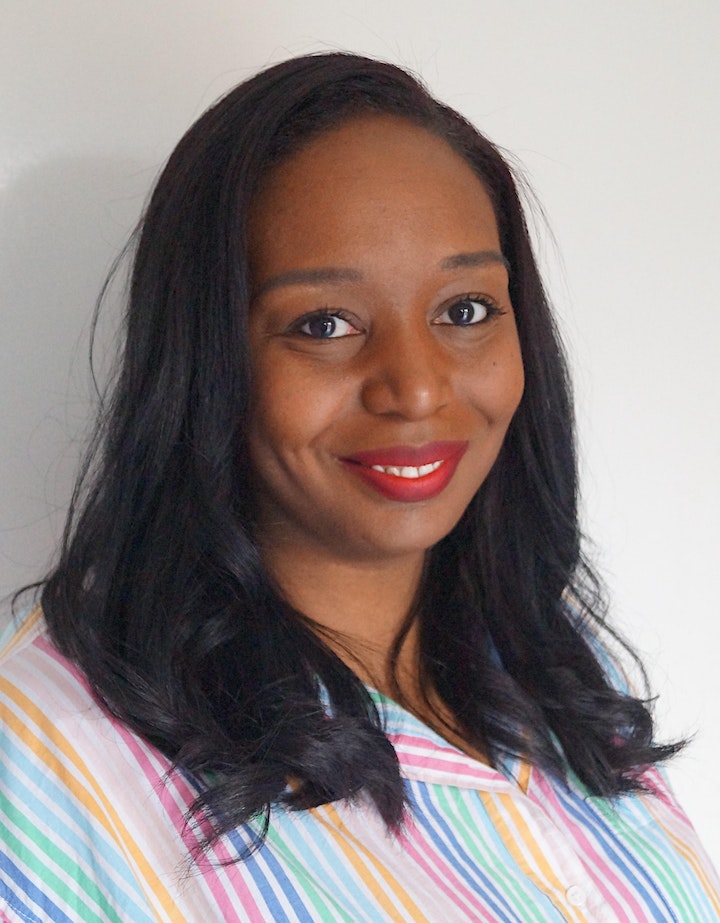
Sarah Henry is a published author, person-centred counsellor and counselling tutor. She is a contributor to the book People Not Pathology: Freeing Therapy From The Medical Model (PCCS Books, 2023), with a chapter focused on the overmedicalisation of Black people. Sarah has also presented nationally about the impact of race and ethnicity within the counselling and tutoring relationship. Born in England to a Black British mother and Jamaican father, Sarah’s formative experience was a notable dynamic of complementary and clashing norms. Elements of this disparity continue into adulthood and inform her work, both implicitly and explicitly.

